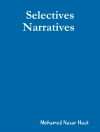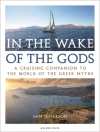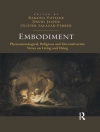The rising importance of community organizing in the US and more recently in Britain has coincided with the developing significance of social movements and identity politics, debates about citizenship, social capital, civil society, and religion in the public sphere. At a time when participation in formal political process and membership of faith groups have both declined dramatically, community organizing has provided a new opportunity for small community groups, marginalized urban communities, and people of faith to engage in effective political action through the developments of inter-faith and cross-cultural coalitions of groups. In spite of its renewed popularity, little critical attention has been paid to community organizing.
This book places community organizing within debates about the role of religion in the public sphere and the rise of public theology in recent years. The book explores the history, methodology, and achievements of community organizing, engaging in a series of conversations with key community organizers in the US and Britain. This volume breaks new ground by beginning to articulate a cross-cultural and inter-faith ‘Theology for Community Organizing’ that arises from fresh readings of Liberation Theology.












